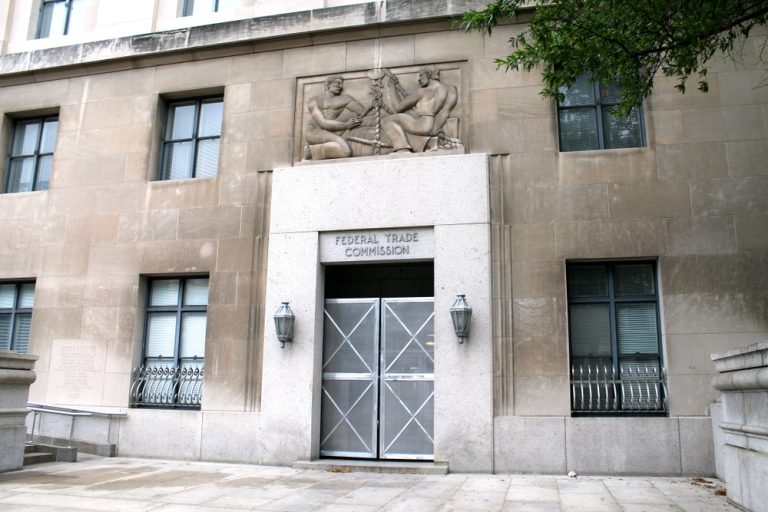House Passes Bill To Protect Banks, Credit Unions And Insurance Companies Providing Services To Legal Cannabis Businesses
House Passes Bill To Protect Banks, Credit Unions And Insurance Companies Providing Services To Legal Cannabis Businesses
Banks, credit unions and insurance companies would be protected in doing business with a wide variety of businesses including marijuana sellers if the “SAFE Act,” passed by the U.S. House of Representatives on September 26, 2019, is passed by the Senate and signed into law by the President. The prospects for that are uncertain.
If it becomes law, however, the SAFE Act would direct banking and financial services regulators not to deter or punish financial institutions who do business with the growing cannabis industry if the underlying business of the customer or depositor is legal in the state where the financial services relationship occurs.
In addition, the act would protect the financial services providers from criminal liability for accepting deposits and providing other servicers to cannabis-related businesses so long as the business is in compliance with state law. The act also specifically provides relief for insurance companies to provide policies and other traditional insurance products to persons and companies in the cannabis business, again, so long at the cannabis-related customers are in compliance with state law.
Of particular interest to banks and credit unions, the act directs the Financial Crimes Enforcement Network to issue new guidance on the filing of Suspicious Activity Reports (a “SAR”) consistent with the overall “purpose and intent” of the SAFE Act itself, which presumably would mean that the mere engagement in legal (within a particular state) cannabis business would not require the filing of a SAR.
Though the act does not appear to directly reference so-called “know your customer” requirements placed on banks and credit unions under BSA/AML (bank secrecy/anti-money-laundering) law and regulation, it does direct the primary banking regulators to amend their guidances and practices in accord with the act. This could conceivably relax requirements on financial institutions to investigate whether cannabis-related businesses – even if legally pursuing cannabis trade in a state where it is legal – are nonetheless in violation of the laws of other states, though whether the regulators would go that far is also not certain.
For now, the act’s prospects for passing the Senate and being signed by the President are not at all certain, but even if the act become law, doing financial business with cannabis-related businesses will continue to be a tricky and often case-by-case scenario for financial institutions and insurers as they distinguish among those who are selling products containing THC (the active ingredient in marijuana) and those who are not (hemp growers, for instance, have already been removed from the definition of those growing THC-containing, controlled substances under federal law), and the extent to which the institution will be protected from ancillary liability for providing financial services to this growing industry.







